Europe
From the fall of Napoleon to Revolution in Russia and from the rise of Hitler to the fall of the Berlin Wall this period is one of major upheaval in Europe. We see the collapse of monarchies and empires and the changing status of women and working men. This is a time that witnesses the mass displacement of peoples and genocide on a scale never seen before it is also a time that sees changes in medicine and technology that make fundamental changes to our everyday lives. Read more
Sort by:
Date (Newest first) | Title A-Z
Show:
All |
Articles |
Podcasts |
Multipage Articles
-

Czech Uranium and Stalin's Bomb
ArticleClick to view -
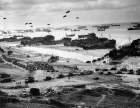
D-Day, Commemorations - the last big year to remember?
ArticleClick to view -
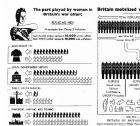
Diagrams in History
ArticleClick to view -

Driver Ben Cobey 8th Royal Field Artillery
ArticleClick to view -

Ending the French Revolution
ArticleClick to view -

Evelyn Waugh’s books on the Italo-Ethiopian War, 1935–36
ArticleClick to view -
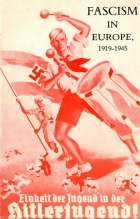
Fascism in Europe 1919-1945
ArticleClick to view -

Faster, Higher, Stronger: The Birth of the Modern Olympics
ArticleClick to view -

Film: An Interview with Margaret MacMillan
Multipage ArticleClick to view -

Film: Blood and Iron
ArticleClick to view -

Film: Heligoland: Britain, Germany, and the Struggle for the North Sea
ArticleClick to view -

Film: Life and Death in Occupied France
ArticleClick to view -

Film: The Partitions of Poland-Lithuania (1772-1795)
ArticleClick to view -

Football and British-Soviet Relations
ArticleClick to view -
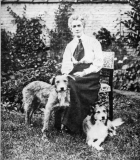
Four faces of nursing and the First World War
ArticleClick to view -
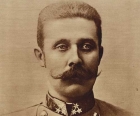
Franz Ferdinand
ArticleClick to view -
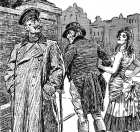
Gary Sheffield: Origins of the First World War
ArticleClick to view -

How Sweden almost became a nuclear-armed state – and why it didn’t
ArticleClick to view -

How damaging to the Nazis was the Shetland Bus between 1940 and 1944?
ArticleClick to view -

Hungarian Nationalism in International Context
ArticleClick to view

